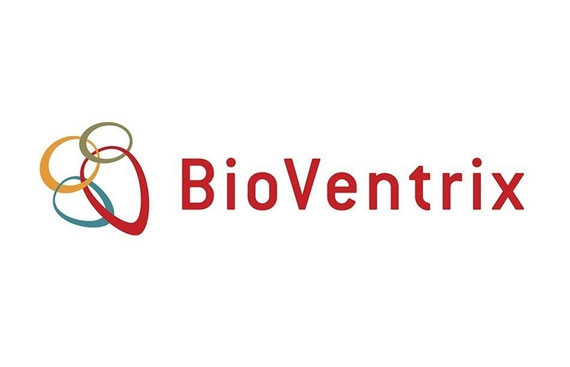BioVentrix Appoints New Indian CMO For Europe

Thasee Pillay and William Abbott were named as Chief Medical Officer for Europe and Chief Financial Officer respectively.
FREMONT, CA: BioVentrix has announced two additions to its executive team. They have named Thasee Pillay, MBChB as Chief Medical Officer for Europe and William Abbott as Chief Financial Officer.
President and Chief Executive Officer of BioVentrix, Kenneth Miller, appreciate the appointments of Dr. Pillay and Mr. Abbott to crucial roles in our leadership team. He considers this decision as a milestone in BioVentrix's development.
Headquartered in San Ramon, CA, USA, BioVentrix is a medical device company. With the development of less invasive, catheter-based approaches, the company is trying to enhance and expand the treatment available for congestive heart failure (CHF) caused by ischemic cardiomyopathy. BioVentrix is benefitting patient, payor, and the provider.
William Abbott, as Chief Financial Officer will be responsible for all operational, transactional and strategic financial initiatives within the company. He has worked for several companies such as Hancock Jaffe, Apollo Medical, and Cardio genesis as CFO. He has also served in various VP of Finance/Accounting roles for another fifteen years. Recently, he took a company through an IPO and listing on NASDAQ; and has successfully led several secondary public offerings.
Dr. Thasee Pillay is an expert in beating heart CABG, mini access AVR, and sutureless AVR and heart and lung transplantation. He has held appointments in the UK, US, and India as a cardiac surgeon with a particular interest in advanced surgical techniques. He will lead the clinical development & training efforts in Europe.
The Revivent TCTM TransCatheter Ventricular Enhancement System by BioVentrix will treat patients suffering from ischemic heart failure due to a previous heart attack. Less Invasive Ventricular Enhancement or (LIVE) will now offer a new treatment option for patients suffering from ischemic cardiomyopathy. This method is considered safer compared to a heart transplant. It will provide patients with the benefits of ventricular volume reduction (30%) with increased ejection fraction (17%) and improved quality of life (37%).
Read More: IIT-KGP, Amazon join hands to develop AI portal
IIT Guwahati develops AI chatbot to support EEE students
